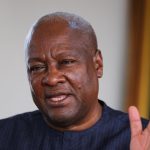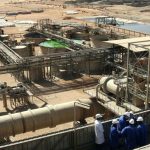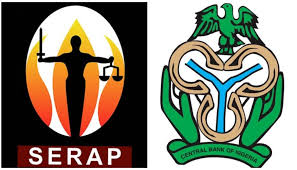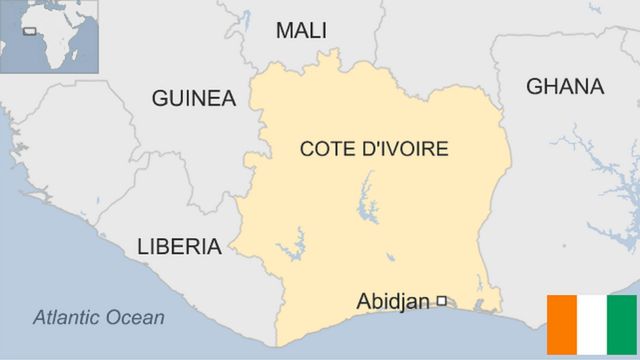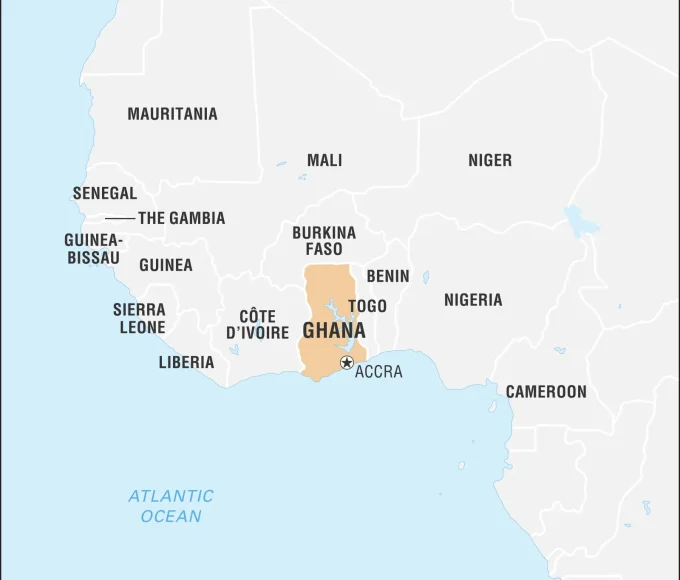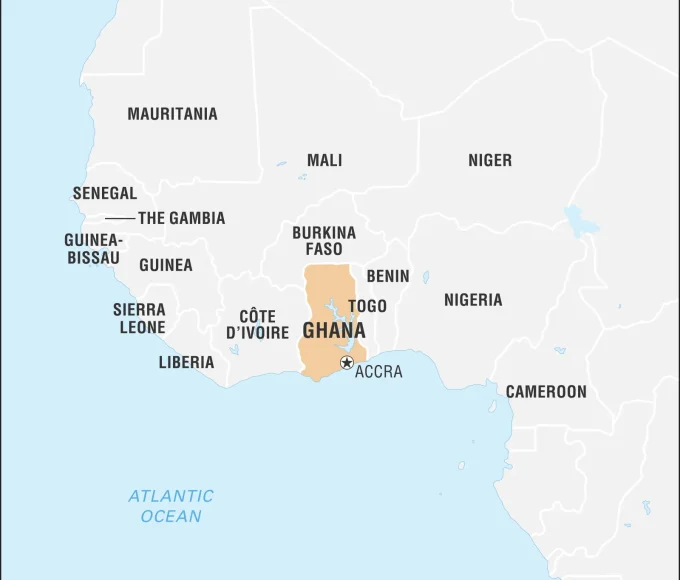
Socio-Economic Rights and Accountability Project (SERAP) has urged Olayemi Cardoso, governor of the Central Bank of Nigeria (CBN), to account for the over N100 billion in ‘dirty and bad notes’ and other large sums of cash awaiting examination kept in various CBN branches. These allegations were documented in the latest annual report by the Auditor-General of the Federation.
In a statement issued by SERAP deputy director Kolawole Oluwadare, the organisation also called for an explanation regarding N7.2 billion budgeted for constructing the CBN Dutse branch in 2010 and N4.8 billion for renovating the CBN Abeokuta branch in 2009.
SERAP urged Cardoso to publish the names of the contractors who received the funds but failed to complete the projects. The letter, dated June 29, 2024, stated,
“These grim allegations by the Auditor-General suggest grave violations of public trust, the provisions of the Nigerian Constitution, the CBN Act, and national and international anti-corruption obligations.”
SERAP warned that legal action will be taken to compel compliance if the recommended measures are not taken within seven days.
The Auditor-General’s 2020 report revealed that since 2017, the CBN has been holding over N100 billion in ‘dirty and bad notes’ and other cash awaiting examination. There are concerns these notes, meant for destruction, might have been diverted and re-injected into the economy. Additionally, the report highlighted incomplete projects, such as the Dutse branch, which was budgeted at N7.2 billion and is still unfinished years past its 2012 deadline, and the Abeokuta branch, which received N4.8 billion for renovations that remain incomplete.
The letter emphasised,
“Explaining the whereabouts of the missing public funds, publishing the names of those suspected to be responsible and ensuring that they are brought to justice and the full recovery of any missing public funds would serve the public interest and end the impunity of perpetrators.”
The Auditor-General also noted missing outstanding loans of N1.2 billion granted to the Enugu State government in 2015 and N1.9 billion to the Anambra State government between 2015 and 2016. These funds are yet to be recovered and remitted to the treasury, raising concerns about potential diversions.
SERAP stressed the need for the CBN to uphold transparency and accountability and stated that Nigerians had the right to know the whereabouts of public funds.
Read more: Kenyan Protesters Announce #OccupyEverywhere Protest
About The Author
Related Articles
Ghana Begins Boundary Pillar Project Along Côte d’Ivoire Border
Ghana has announced plans to begin construction of boundary pillars along its...
ByWest Africa WeeklyFebruary 16, 2026Nigeria to Face Ghana and Senegal in New CAF Nations League
Nigeria will face Ghana and Senegal in the newly introduced CAF Nations...
ByWest Africa WeeklyFebruary 16, 2026Ghana Set to Become Africa’s Eighth Largest Economy
Ghana is projected to become the eighth-largest economy in Africa by 2026,...
ByWest Africa WeeklyFebruary 16, 2026Ghanaian Tomato Traders Attacked in Burkina Faso
Several Ghanaian tomato traders were attacked in Burkina Faso, raising fresh concerns...
ByWest Africa WeeklyFebruary 16, 2026



